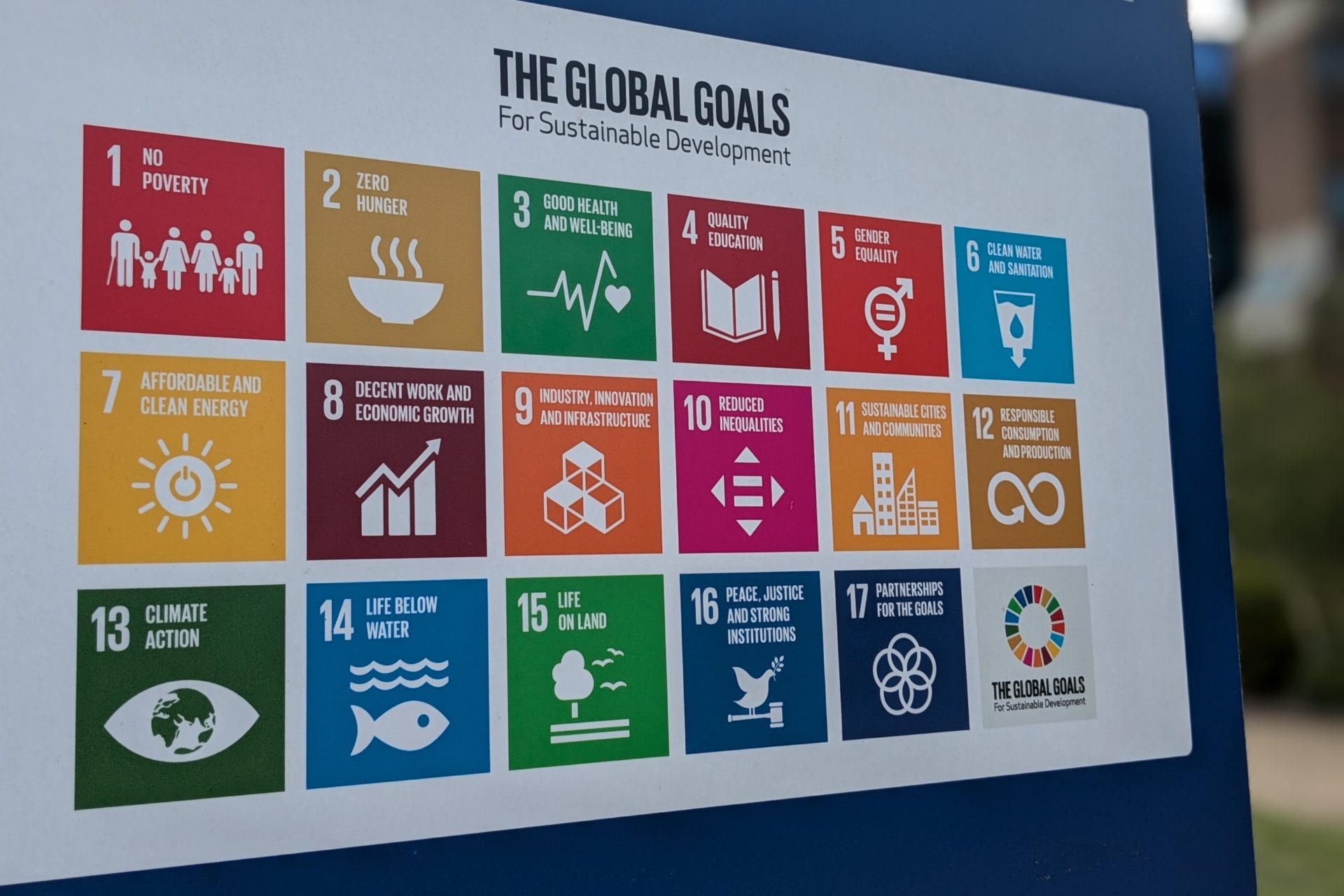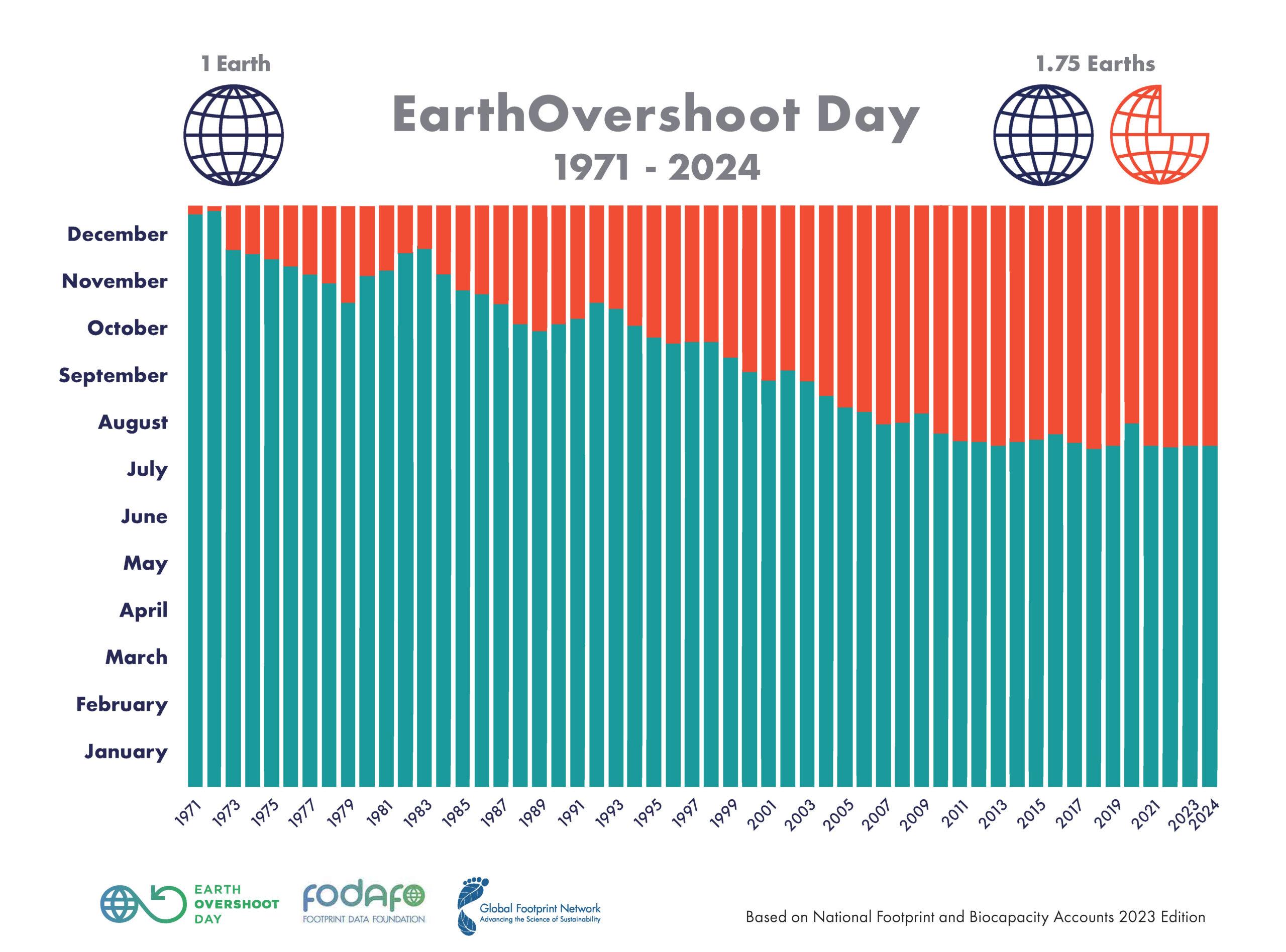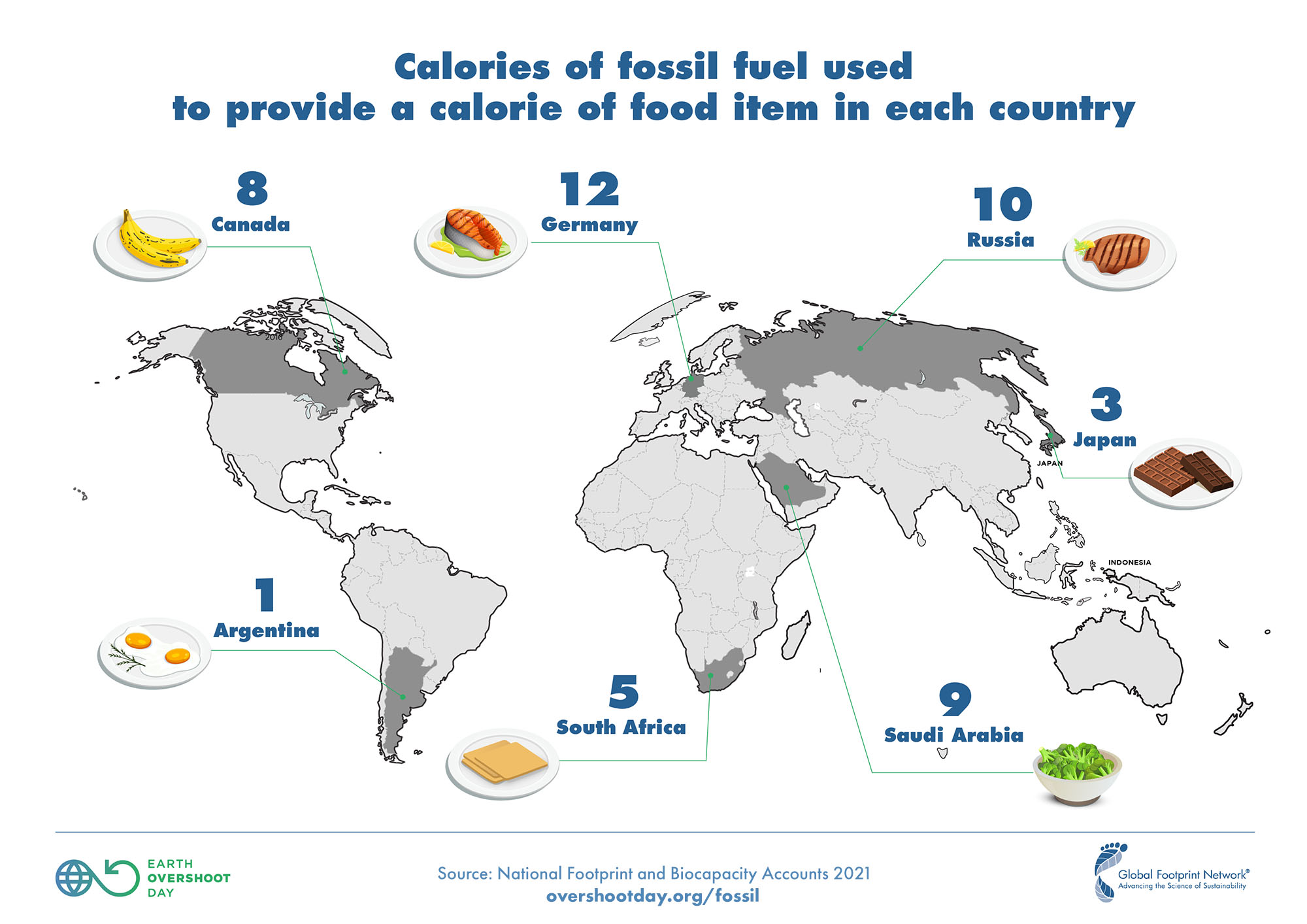
Every year, the Global Footprint Network marks Earth Overshoot Day; the date when humanity’s demand for ecological resources and services in a given year exceeds what Earth can regenerate in that year. In 2024, this falls on 1 August which, whilst an improvement on previous years, is still a long way off the target of 31 December. Embracing the power of possibility to find solutions to the world’s sustainability challenges is key if we are to #MoveTheDate. Here’s how Kent is setting an example.

Smart cities – how do we design and manage cities?
It’s predicted that between 70% to 80% of all people are expected to live in urban areas by 2050, so smart city planning is key to a sustainable future. Kent’s School of Architecture, Design and Planning are helping society prepare for this by training architects in the art of sustainable design. Their teaching is informed by cutting edge research which is advancing understanding of how urban farming, retrofitting of existing buildings and climate conscious design can make cities more energy-efficient, accessible and enjoyable spaces.
Kent’s research is also proving that innovation doesn’t have to be large-scale to be impactful. Kent psychologists are working with Kent and Medway councils to examine how emissions in cities can be reduced with signage encouraging people to turn off their engines at railway crossings. Another collaboration between Kent Business School and Kent County Council showed that simply introducing more recycling bins on the high street could go a long way to tackling the disposable coffee cup problem.
Energy – how do we power ourselves?
What if the HS1 train line could be used to distribute clean energy? Or the world’s busiest shipping corridor, between Dover and Calais/Dunkirk, transformed to produce zero emissions? These are some of the questions that Kent Business School researchers have been exploring with partners in the region. Why? Because decarbonising the economy is humanity’s best possible chance to address climate change.
Phasing out fossil fuels is not only possible but can be financially beneficial and improve countries’ energy self-reliance in times of geopolitical turmoil. In South Africa, for instance, the hydrogen economy is predicted to contribute 3.6% to the country’s GDP and create 380,000 new jobs by 2050. Kent Business School are working with partners to help advance green hydrogen production and trade in South Africa – a project which has the potential to both boost local growth and reduce carbon emissions on an international scale. Researchers in the School of Engineering are also working with ZeroAvia, a company that produces hydrogen-electric engines, to develop technology that can enable zero-emission flight.
Food – how do we feed ourselves?
About one third of the food produced in the world for human consumption (1.3 billion tonnes every year) gets lost or wasted, and much of this is produced and distributed through systems which are inefficient and fossil fuel intensive. As a Right to Food university in the Garden of England, Kent is committed to changing this.
Teams across the Institution are finding new ways to source local food in campus catering outlets, offering affordable meals for students on a budget and working with partners through the Kent Gleaning Project to reduce food waste. Visitors to the Gulbenkian Café may even find themselves eating produce grown by student, staff and community volunteers at the campus-based Kent Community Oasis Garden.
But what about the bigger picture? Kent research has that covered. With support from Growing Kent and Medway, Kent experts are leading the way when it comes to helping the food and drink industry thrive by coming up with innovative solutions to reduce, reuse and recycle resources used in the production of everything from Kent cherries to seaweed in Zanzibar. Kent experts are also set to collaborate with a network of 65 international partners via a $30 million Centre for Sustainable Protein to advance the development of plant-based proteins which are better for us and the planet.
Planet – how can we help nature to thrive?
Earth’s vibrant, biodiversity-rich natural ecosystems play a vital role in providing the fertile soil, clean water, and clean air humanity needs to survive. This makes conserving and restoring these ecosystems a matter of survival. Yet despite proof that conservation action can effectively halt and reverse biodiversity loss, the growing pressure from other land use has made making space for nature a major challenge. Thanks to a significant award from the Leverhulme Trust, Kent’s Durrell Institute of Conservation and Ecology will be training 20 more fully-funded PhD scholars to address this issue over the coming years.
In addition to this, the Institute has been backed by an £8.3 million grant from Research England to tackle three of the most important issues in conservation science; rewilding, the development of nature recovery networks and the role of community-managed conservation areas in global conservation. The project will see them work closely with Kent County Council, Kent Wildlife Trust, the Wilder Blean Initiative, Defra and Natural England.
